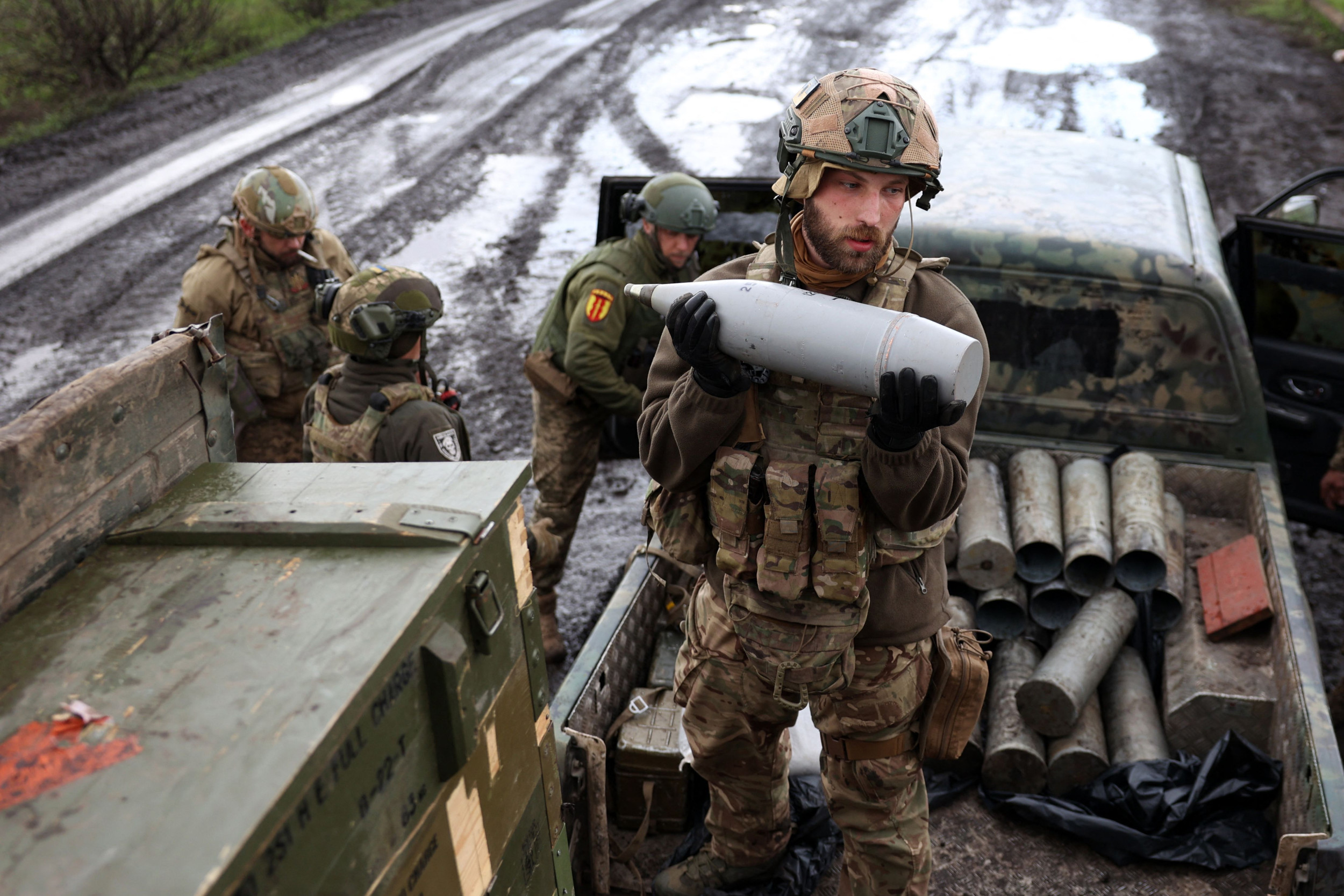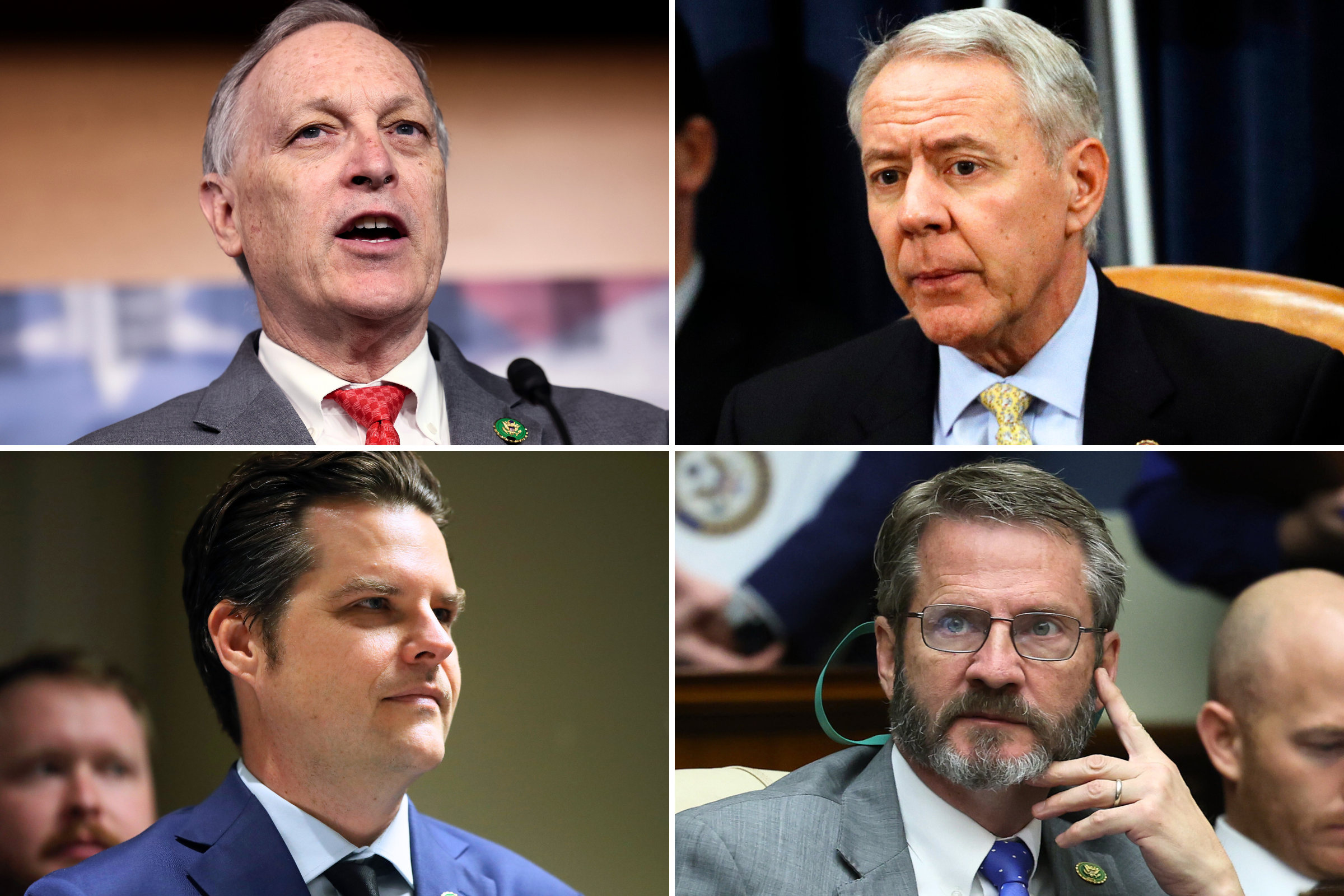Unions Make Companies Clean Up Their Garbage | Opinion
Every day, frontline workers in this country confront some of their biggest fears.
Do you know what mine is? Not returning home safely to my family each day after working a dangerous job as a sanitation worker.
A few weeks ago, my colleague didn't get home. She was crushed to death at the Shelby County, Tennessee, landfill site by a third-party sanitation truck. I was with her grief-stricken 19-year-old daughter during the visiting hours. I don't want my daughters to have to go through that.
It didn't have to happen. We'd been warning the management at Republic Services for years that the landfill was a death trap.

I've been employed as a sanitation worker for 23 years. I've worked as a driver and trainer in Memphis. I'm also a shop steward for our Teamsters Local 667, and I negotiate on behalf of my fellow sanitation workers with the management at Republic.
Republic is the second-largest sanitation company in the country—its biggest shareholder is billionaire Bill Gates. And like other waste companies, it has a long history of putting profits before safety.
Sanitation work is among the nation's most dangerous jobs, and it's even more dangerous at these for-profit companies. Nationwide, 82 percent of sanitation-worker deaths occur at these private companies, 2016 data found, while investigations have revealed that private sanitation companies routinely violate OSHA standards.
About 10 years ago, when Republic Services took over in Memphis, the rigorous safety and training protocols that had been in place while I was coming up lapsed. The bottom line seems to be profit, not safety.
And in a job this dangerous, that's a recipe for tragedy.
The day after our co-worker was killed, Republic Services management came to the negotiation table here in Memphis saying there would be no contract without eliminating our safetybonus—a significant financial hit for our workforce, which already makes lower wages than our brethren in major sanitation markets nearby.
Disincentivizing safety after the death of our coworker was the last straw. We went on strike starting April 12—and on April 23, we won a pay increase, the safety bonus, and sick leave. But the fight for a safer workplace never ends.
While not all strikes to improve pay, safety conditions, and workplace respect have been successful, they have been on the rise since the pandemic—and they may be transforming the labor movement.
Interest in unionizing and striking, which surged among frontline workers nationally during the pandemic, continues today. In 2022, strikes and work stoppages for essential workers were up by 52 percent while the number of workers who participated rose by 60 percent. Those strikes last year helped drive the biggest contract pay increases in over three decades, while public support for unions has reached its highest point since 1965.
Meanwhile, the workers of color who disproportionately fill these frontline roles are becoming more and more active in labor struggles. From 2021 to 2022, people of color made up 100 percent of the growth in the labor movement.
Of course, our story might sound familiar for another reason.
It was 55 years ago this April that two Memphis sanitation workers were crushed to death by a truck and the all-Black Memphis sanitation workers went on strike. The strike attracted the attention of Dr. Martin Luther King Jr., who traveled to Memphis in April 1968 to join the strikers and delivered his famous "I have been to the mountaintop" speech the night before his assassination.
The conditions frontline workers are subject to affect everyone in this country, including you and your family. Whether it's picking up your trash, caring for your loved ones, teaching your kids, or putting food on your table, your life is better when these workers can do their jobs safely and with dignity.
That's why, from the sanitation strike 55 years ago to the growing wave of labor activism across the country, the frontline workers who make this country run are going to keep fighting to put safety over profit—not only for our own lives, but for the communities we serve.
Dr. King said it wasn't time to stop then, and it's not time to stop now.
Kevin Dewayne Clark has been a sanitation truck driver for 23 years. He's a union steward with Teamsters Union Local 667 and a trustee with the Memphis and West Tennessee Civil Liberties Union.
The views expressed in this article are the writer's own.








